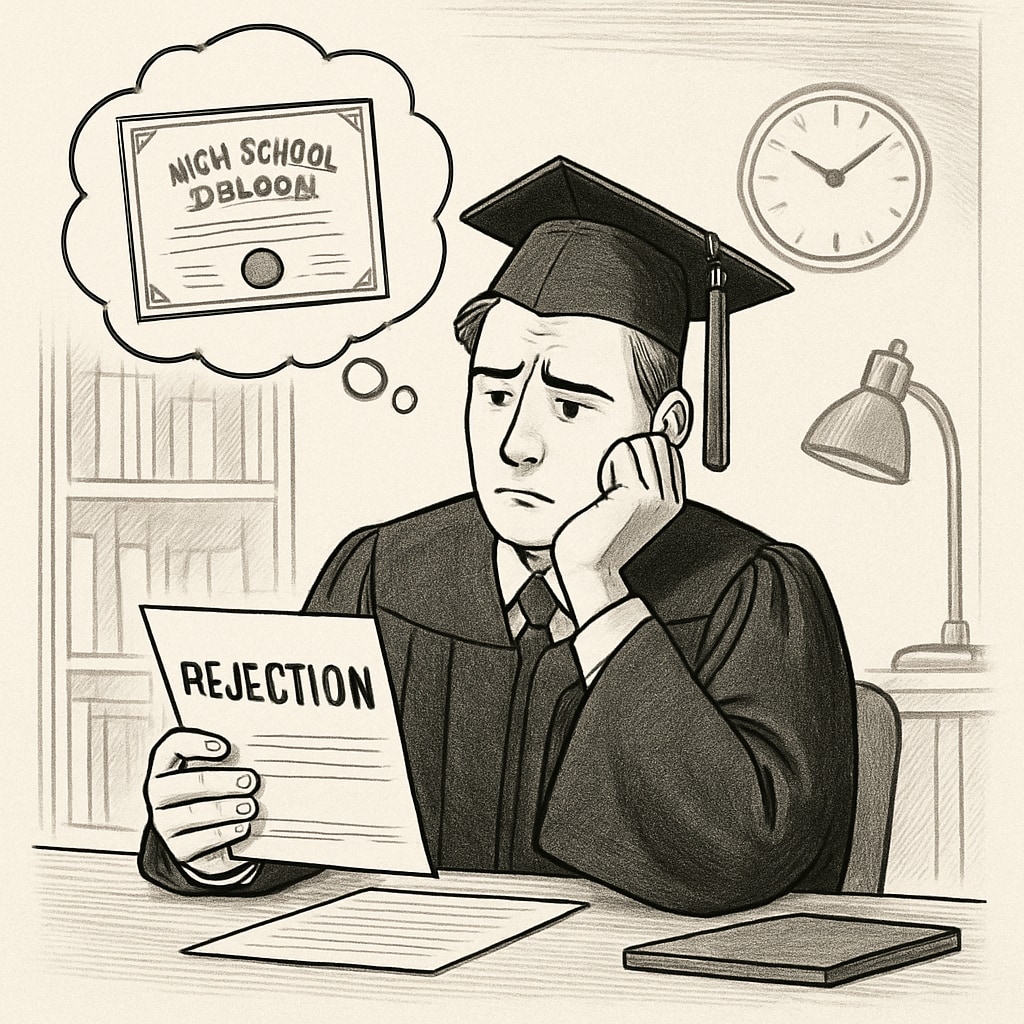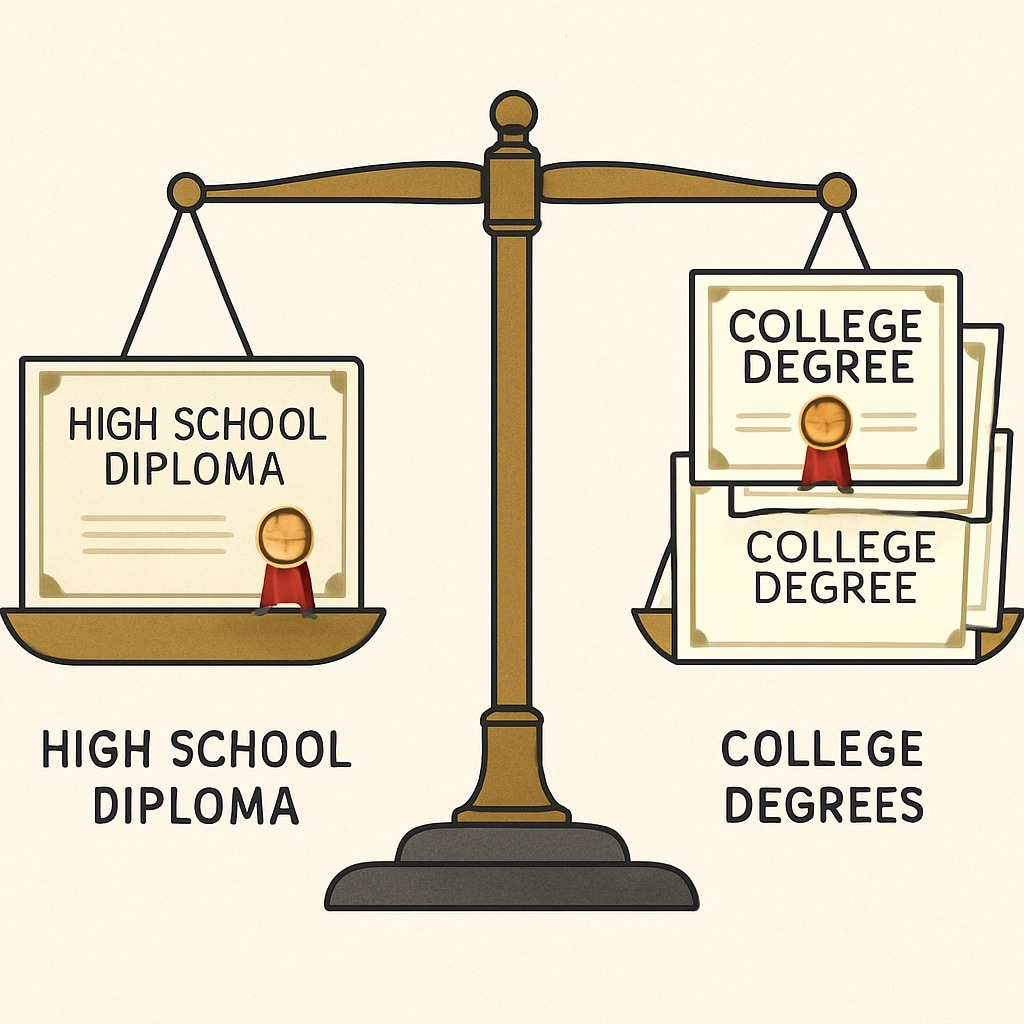Arizona’s employment policies have triggered a heated debate about education certification, fairness, and practicality. Recently, a college graduate with three advanced degrees was denied a state government position because they lacked a high school diploma. This peculiar rejection has sparked widespread discussion on whether traditional education benchmarks are truly relevant in modern hiring practices. The incident exposes a glaring paradox in the certification system, where higher education achievement is undervalued compared to basic secondary education credentials.

Arizona’s Employment Policies: A Flawed Framework?
The case in Arizona is more than an isolated incident; it reflects systemic issues within employment policies. The state’s requirement for a high school diploma, regardless of higher-level educational accomplishments, raises questions about the rigidity and relevance of certification standards. Employers often use education credentials as a baseline for evaluating candidates, but when do these benchmarks become counterproductive?
For example, this scenario suggests that a person who has successfully navigated college and earned multiple degrees is still deemed “unqualified” for certain positions. Could this signify an outdated reliance on traditional education pathways? Many critics argue that such policies fail to recognize the dynamic nature of modern education and career trajectories.
Implications for K-12 Education and Beyond
This paradox also influences perceptions about the value of K-12 education versus higher education. If a high school diploma is treated as more critical than a college degree in certain employment circumstances, what message does this send to students and educators? It inadvertently elevates secondary education to a pedestal, potentially undermining the importance of pursuing advanced degrees.
Additionally, this scenario highlights the importance of reevaluating how educational milestones are weighted in hiring processes. As a result, it opens the door to discussions about competency-based hiring practices, where skills and experience take precedence over formal credentials.

Rethinking Education Certification Standards
The controversy in Arizona sheds light on the need for modernizing education certification systems. Many experts propose alternatives to traditional credential requirements, such as:
- Competency-Based Hiring: Focus on skills and practical experience rather than formal education credentials.
- Portfolio Evaluations: Assess candidates based on accomplishments, projects, and real-world expertise.
- Flexible Certification Pathways: Recognize diverse educational and career trajectories that don’t rely solely on diplomas or degrees.
Such approaches could ensure that highly qualified candidates are not sidelined due to arbitrary requirements. Moreover, they would better align hiring practices with the realities of today’s workforce, where lifelong learning and non-traditional education are increasingly common.
Conclusion: Bridging the Gap Between Policy and Reality
Arizona’s employment policies serve as a cautionary tale of the gaps between traditional certification systems and modern workforce needs. By prioritizing a high school diploma over advanced degrees, the state risks alienating highly capable candidates who have proven their competence in other ways. Employers, policymakers, and educators must collaborate to create more inclusive and practical hiring frameworks that value skills, experience, and diverse educational backgrounds.
As this debate unfolds, it provides an opportunity to rethink how education certification standards can better reflect the complexities of individual achievement and career development. In doing so, it challenges us to ask: Are we truly measuring qualifications in the most meaningful way?
Readability guidance: This article uses short paragraphs, lists to summarize key points, and transitions like “for example,” “as a result,” and “however” to maintain clarity and engagement. Passive voice is minimized, and sentences are kept concise for easier comprehension.


